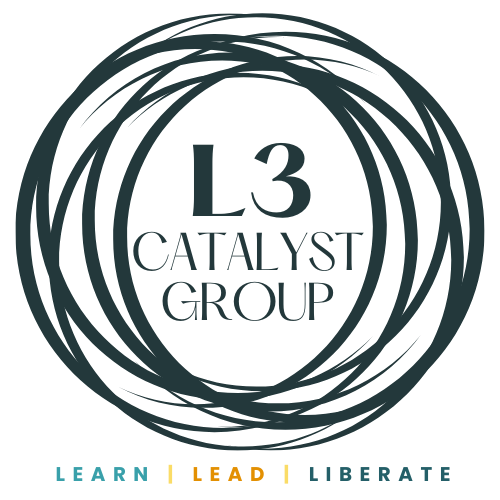
Disagreeing At Work
Recently I facilitated a full-day session with the faculty and staff of a midwest University. Their goal was to build skill in having crucial conversations cross-difference. As we discussed the assertiveness continuum, a person raised their hand and asked: “I can’t be assertive, because it’s mean to name what I want. Why do your materials share that assertiveness is a win-win stance?”
This comment made evident the person’s assumption that it’s mean, cruel, or bullying behavior to state what you think, want, or believe. We continued to unpack aggressiveness (I win, you lose) and passivity (I lose, you win), and passive aggressivity (no one wins).
I’m always looking out for sources on how to disagree productively, and this HBR article Why We Should Be Disagreeing More at Work does not disappoint.
However, I'd add that there are not two equitable sides when disagreeing about issues of inequity, racism, LGBTQ+/queer inclusion, etc. Power dynamics and systems of inequity are always at play. How are you noticing them, honoring the power positionality of the people interacting around the conflict, and working toward a win-win?
What do you think of the authors’ suggested benefits of disagreeing at work, such as Opportunities to Learn and Grow, and Improved Relationships?
How do you build the courage and capacity to have hard conversations with family, friends, and colleagues?
Fellow leaders and learners, I wish you courage and resilience for the journey.


November 30, 2022




Comments